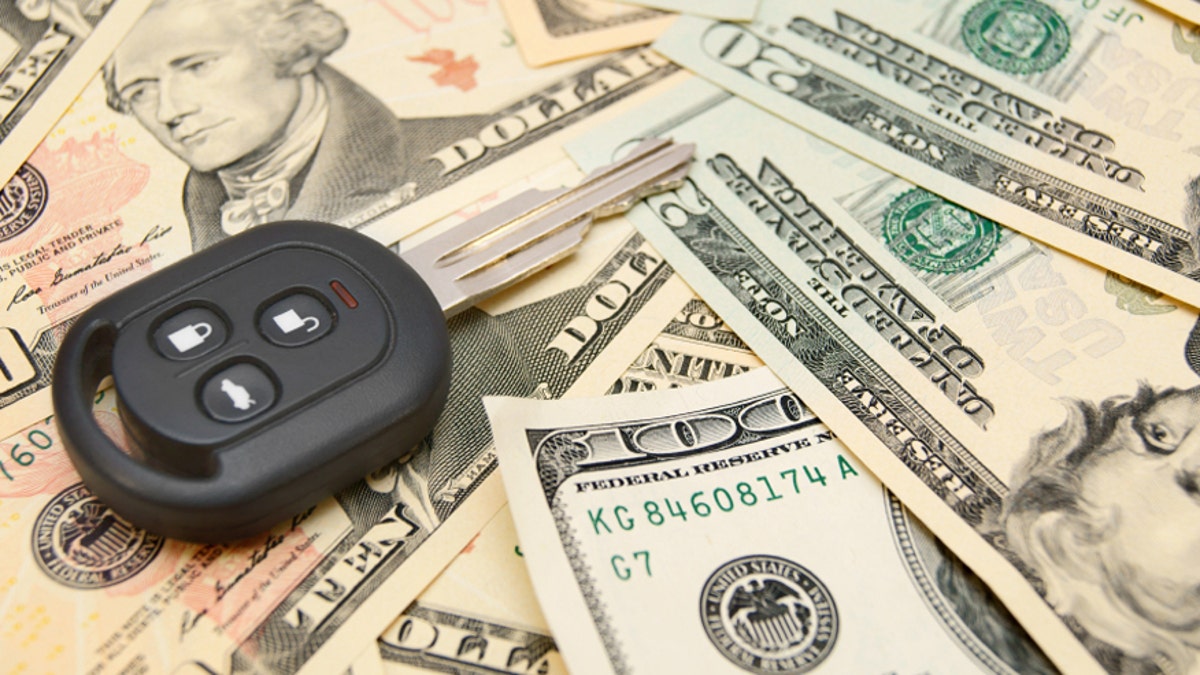
(iStock)
Many people believe that the law gives them three days to change their mind when leaving a deposit for a new or used car with a dealer. Buy into that myth, and it could cost you big time.
Federal and state laws do give consumers an automatic so-called cooling off period for some types of purchases, such as most sales for more than $25 made in your home or at other locations outside the seller’s regular place of business. Other examples include some transactions that involve your home's equity, such as a home equity loan or line of credit, and, in some states, contracts for health clubs and home improvement projects. But car sales are not among them.
That means once you sign a car purchase agreement for a nonrefundable deposit, you could be stuck. We’ve seen many complaints over the years from consumers who thought they had a right to get their money back. And with dealerships demanding deposits of up to $1,000 or more in some cases, that's a lot of money to risk losing.
Still, there are some cases in which you can argue for a refund, no matter what the contract says, as the Rocky Hill, Conn.,-based Consumer Law Group recently pointed out.
More From Consumer Reports
One example is if the dealer committed misrepresentation or fraud. Maybe the dealer is insisting after the fact that you buy a service contract or other extras. Another example is if the deal is contingent on your obtaining financing but you’re unable to do so. You're also entitled to a refund if the dealer can’t live up to its end of the bargain. For instance, the contract is for a four-door model in "Royal Canadian Mounties red" but the dealer can locate only a two-door version in "pigeon gray."
For more tips, read "Car Dealer Tricks. Don't Get Taken For A Ride When You're Buying A New Or Used Vehicle" from the Consumer Reports Money Adviser.
What to do
Don't be hasty making that deposit. Don’t leave a deposit until you’re absolutely sure you want the vehicle. Dealers sometimes press customers, saying the deal is good only for today or there are other interested buyers and a deposit is needed to hold the vehicle. Don’t bite.
Read the contract thoroughly and carefully. Yes, you’d rather drink turpentine than suffer through all that fine-print legalese. But consumers have lost lots of money not knowing what they’re signing. If the contract is too complicated or long, tell the dealer you want to take a copy home to read. If there’s anything you don’t understand, ask a knowledgeable friend or relative for help.
Get it in writing. If a sales representative tells you not to worry about the word “nonrefundable” that appears on the contract, have the dealership strike it and add a statement that the deposit is 100 percent refundable. (Have the sales manager initial the change.) If the sale is contingent on anything, such as a vehicle inspection by your mechanic, get that in writing as well.
Negotiate. You did a great job negotiating the price of the vehicle, right? So use those skills to dicker down the size of the deposit, too. The smaller the better. Or try to talk your way out of leaving a deposit.
Use your credit card. Always put a deposit on a credit card. That way, if there’s any shenanigans (and we’ve seen lots of shenanigans from car dealerships), you can dispute the charge with your credit card company. If you hand over a check, debit card, or cash, getting your money back could have you wishing for the proverbial root canal instead. But don’t challenge the charge if there's no legal basis for you to cancel the sale. If you do, you could end up having to battle the dealership’s version of Perry Mason, even if your credit card issuer grants your chargeback request.
Complain. If you believe the dealer is keeping a deposit unlawfully, speak up. Start with your state or local consumer protection agency. If it doesn’t handle such matters, it will refer you to the appropriate office, such as your state's Department of Motor Vehicles. Also file a complaint with the Better Business Bureau
Contact a lawyer. If that doesn't work, an attorney specializing in consumer law may be willing to advise you or even take your case.
— Anthony Giorgianni
Copyright © 2005-2014 Consumers Union of U.S., Inc. No reproduction, in whole or in part, without written permission. Consumer Reports has no relationship with any advertisers on this site.